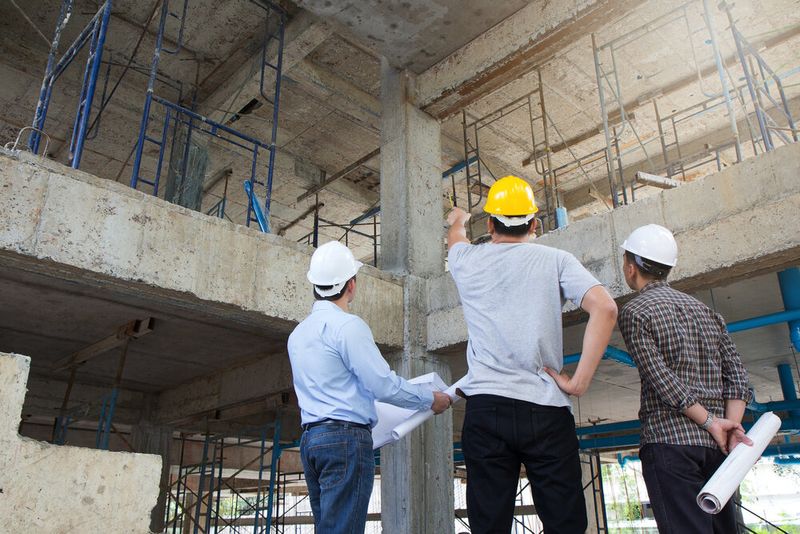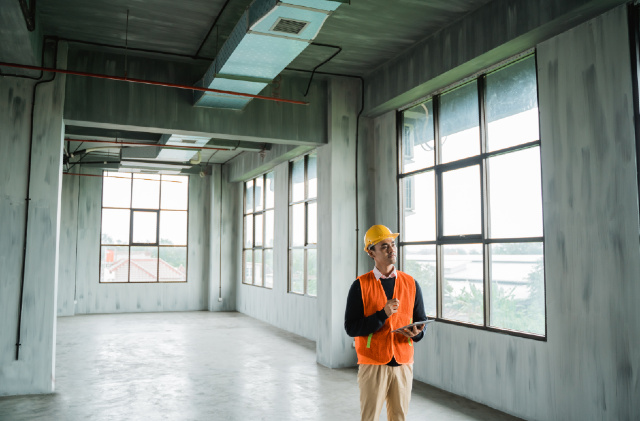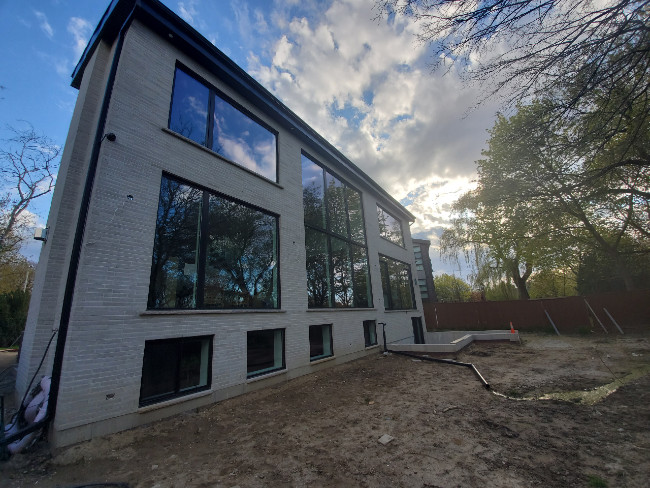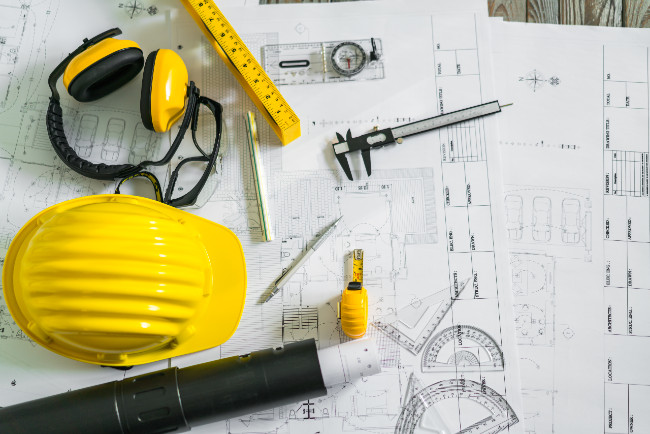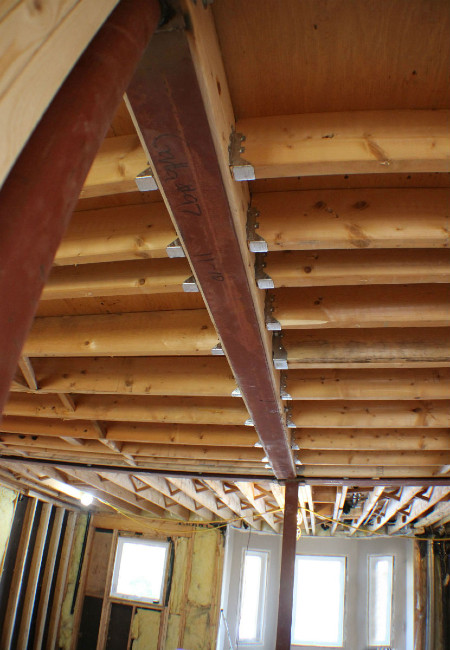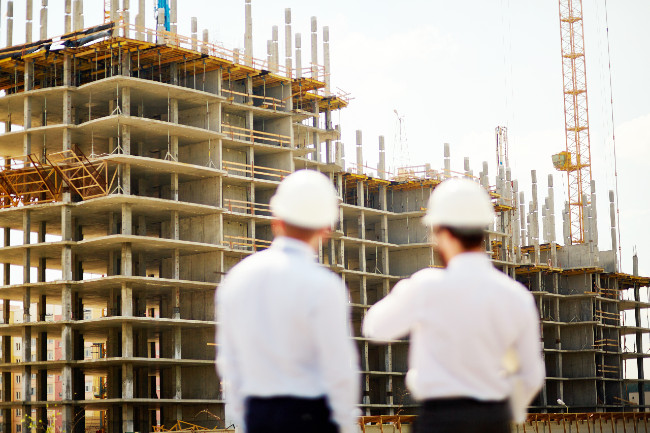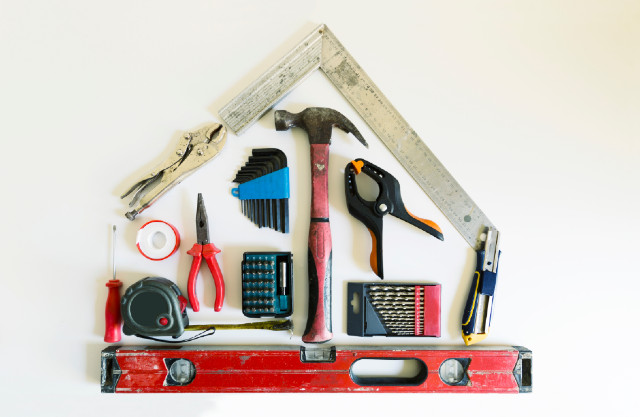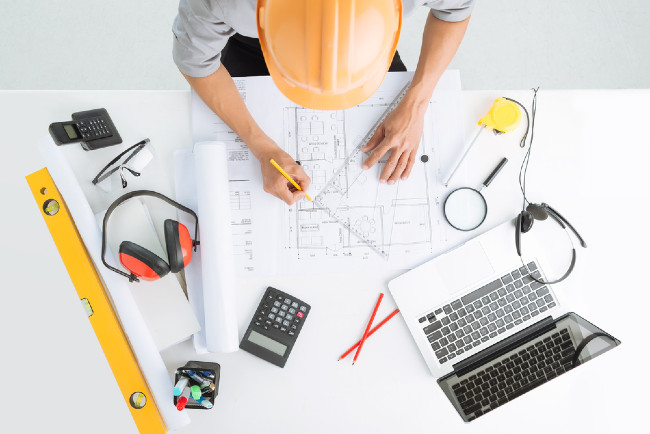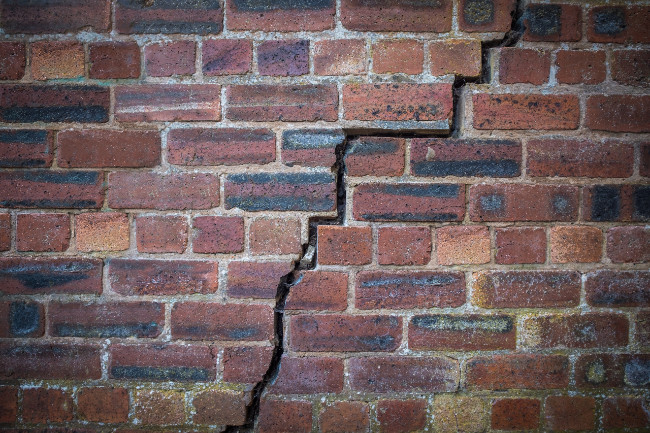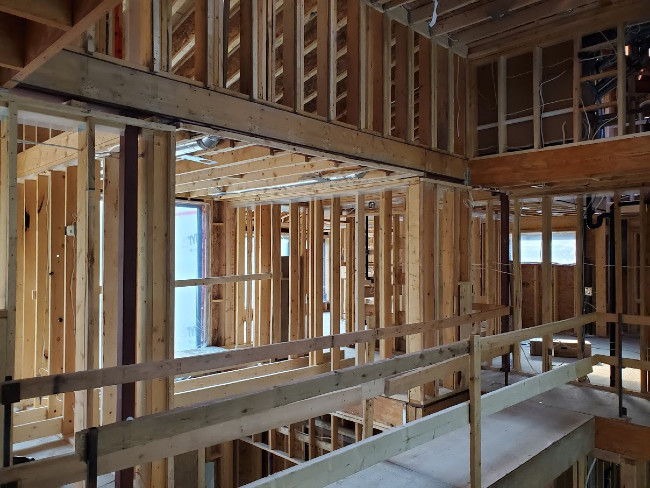For most homeowners, their home is the single largest investment they’ll ever make. That means taking care of it as well as possible should be near the top of your priority list! For this reason, it’s important to know when you need to bring in your structural engineer, how much you can expect to pay, and what to expect from them. If you’re thinking about hiring one now, or if you just want to get to know them better, here are some answers to common questions about the role of the structural engineer.
The Importance of Understanding How Buildings Work
As a homeowner, you may not think about the structural engineer who designed and built your home, but you should. These professionals play a vital role in ensuring that our homes and other buildings are safe and stable. A structural engineer can help you understand how your home was designed to withstand the forces of nature, and can also provide advice on making repairs or improvements. Knowing your structural engineer can help you make informed decisions about your home, and can give you peace of mind in knowing that your home is safe and sound.
The Importance of Having a Strong Relationship with Your Structural Engineer
As a homeowner, it’s important to have a strong relationship with your structural engineer. A structural engineer can help you understand the stability of your home and identify any potential problems. If you’re ever in need of repairs or renovations, a structural engineer can provide valuable insight and guidance. Plus, if you ever have any questions about your home’s structure, a structural engineer is always a great resource. To find a structural engineer near you, simply search online or ask your local building inspector for recommendations.
5 Things Your Structural Engineer Won’t Tell You But Should
1. A structural engineer is a professional who is trained and licensed to evaluate, design, and oversee the construction of buildings and other structures.
2. In most cases, a structural engineer is hired by a homeowner or builder to ensure that the home or building meets all local building codes and ordinances.
3. A structural engineer can also be hired to investigate potential problems with existing structures, such as cracks in walls or ceilings.
4. If you are planning on making any changes to your home or building, it is always best to consult with a structural engineer first.
5. A structural engineer can help you save time and money by streamlining the construction process and avoiding potential problems down the road.
6 Most Common Problems in New Construction Homes
It’s no secret that new construction homes can have their fair share of problems. But did you know that your structural engineer is usually the one to blame? Here are four of the most common problems in new construction homes, and how your structural engineer can help.
1. Shoddy workmanship. This is by far the most common problem in new construction homes. Your structural engineer should have caught this during the design phase, but sometimes things slip through the cracks.
2. Poorly designed foundations. This is a big one, and it’s usually the result of a poorly trained or inexperienced structural engineer. Your foundation is what supports your entire house, so it’s important that it be designed correctly from the start.
3. Inadequate drainage systems.
6 Tips When Working With Your Structural Engineer
1. If you’re planning any type of home renovation, it’s important to consult with a structural engineer first.
2. A structural engineer can help you determine if your plans are feasible and identify any potential problems.
3. They can also provide advice on the best way to execute your plans.
4. When meeting with a structural engineer, be sure to bring along your plans and any other relevant information.
5. If you’re not sure where to find a structural engineer, try searching online for structural engineer near me.
6. Keep in mind that you may need to work with a different structural engineer if your project is commercial in nature.

